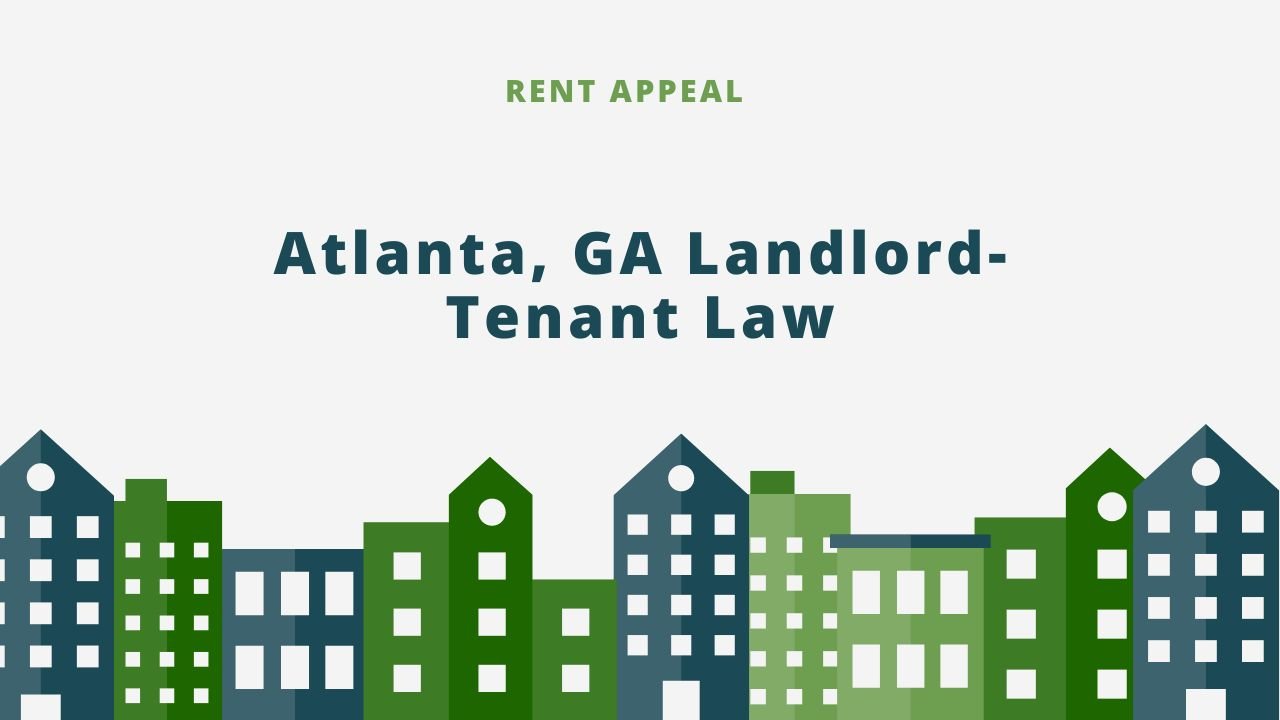 Maintaining a good relationship with your tenants is important as satisfied tenants are more likely to stay in your property long-term. But when they do not perform their responsibilities, as tenants, properly it can create a huge problem for your rental business.
Having to deal with problematic tenants and complaints is one of the things that landlords dread. Bad tenants are some who do not pay their rent on time and deliberately damage the rental unit. Sometimes, they also cause trouble with the neighbors and other tenants.
When situations like this arise, evictions may be the inevitable option. That is why it’s essential to know the eviction laws in Georgia and the landlord-tenant laws, to help you handle the process smoothly.
Maintaining a good relationship with your tenants is important as satisfied tenants are more likely to stay in your property long-term. But when they do not perform their responsibilities, as tenants, properly it can create a huge problem for your rental business.
Having to deal with problematic tenants and complaints is one of the things that landlords dread. Bad tenants are some who do not pay their rent on time and deliberately damage the rental unit. Sometimes, they also cause trouble with the neighbors and other tenants.
When situations like this arise, evictions may be the inevitable option. That is why it’s essential to know the eviction laws in Georgia and the landlord-tenant laws, to help you handle the process smoothly.
What Is the Eviction Process in Georgia?
In Georgia, it can take an average of one to three months to evict a tenant. The duration of the eviction lawsuit depends on the type of eviction the landlord files. This can also vary depending on whether tenants file a counterappeal. If tenants choose to file this appeal, the Georgia eviction process may take longer than usual.Notice for Lease Termination with Legal Cause
 A Georgia landlord can evict a tenant for a variety of reasons, such as:
A Georgia landlord can evict a tenant for a variety of reasons, such as:
- When the tenant fails to pay the rent.
- When the tenant violates the rental agreement, including illegal activity.
- When the tenant remains at the rental property even without a lease agreement or after the term of the lease has ended.
Serving a Tenant with an Eviction Notice in Georgia
In Georgia, a landlord should give a tenant a notice to quit before starting the eviction procedure. Georgia law does not specify the notice period for nonpayment of rent and violation of lease terms. But a landlord should provide “at-will” or a hold-over tenant with at least 60 days’ notice before the eviction process. Landlords are required to file a dispossessory warrant in the appropriate court—a filing fee ranging from $60 to $75 is charged.
Tenant Eviction Defenses in Georgia
If a landlord proceeds with an eviction process, a tenant will likely look to dispute it. A tenant may claim that:- The landlord doesn’t provide or stop providing essential amenities like electricity and water.
- Their landlord changed the locks.
- The eviction was due to discriminatory reasons and a breach of the Fair Housing Act, such as against the tenant’s race, religion, disability, gender, sexual orientation, or family status.
- The eviction was retaliatory because the tenant requested necessary repairs, and the landlord failed to comply.
- The landlord filed an eviction case within three months after the tenant joined a tenant organization.
Attending a Court Hearing in Georgia
Under Georgia law, there is no specific timeline on how soon an eviction hearing must be held after filing the warrant with the court. Typically, this schedule will depend on the hearing schedule of the trial court. A tenant’s failure to respond to the complaint or appear for the hearing means a default judgment will be issued by the court in favor of the landlord. This also means that the tenant will be required to move out. If the court rules in favor of the landlord at the eviction hearing, it will issue a writ of possession, and the eviction will begin. To avoid all this, a tenant can appeal the judgment within seven days.

